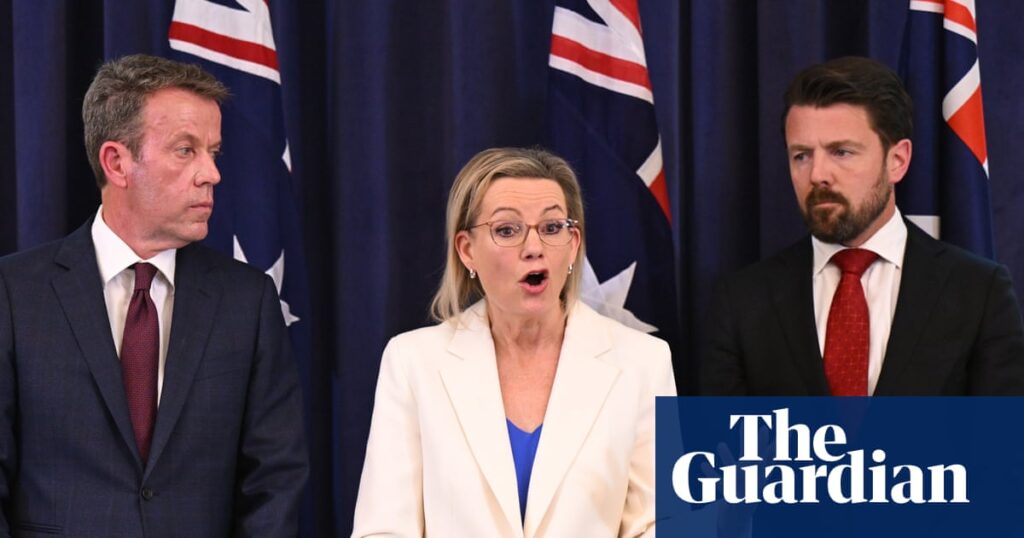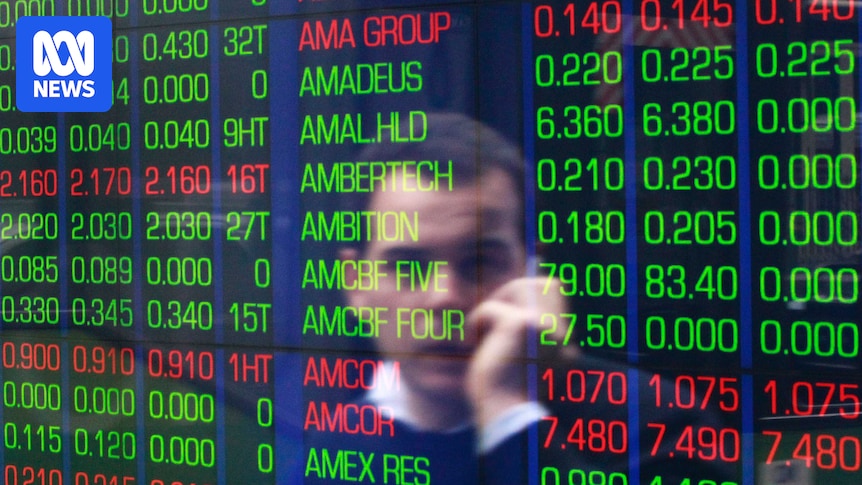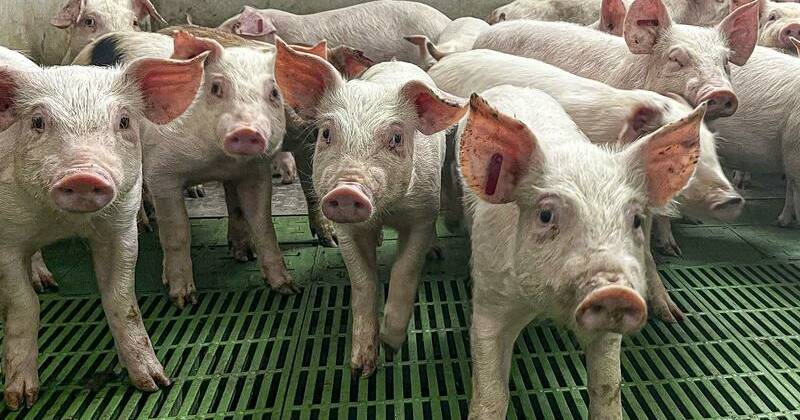
At least three former Liberal MPs have criticized the opposition’s decision to abandon the net zero by 2050 target, describing it as an “existential crisis” and “another nail in the coffin” that could ensure electoral irrelevance for years to come. This move, they argue, jeopardizes any hopes of reclaiming inner-city and suburban seats in future elections.
The announcement came after months of intense internal discussions and infighting within the Liberal Party. On Thursday, the party declared it would drop its legislated net zero emissions target and commitment to renewable energy projects while maintaining adherence to the Paris Agreement—despite the apparent contradiction.
Political Fallout and Reactions
The shadow ministry also agreed that a future Coalition government would repeal Labor’s legislated 43% emissions reduction target by 2030 and its 82% renewables target. Although a detailed energy and emissions reduction policy has yet to be unveiled, the opposition stated its strategy would be “technology agnostic,” incorporating a mix of coal, gas, hydro, batteries, renewables, and potentially nuclear energy.
Shadow Housing Minister Andrew Bragg defended the decision, acknowledging the Paris Agreement requires ambitious emissions reduction targets. “Emissions reduction is important to us as is getting lower prices and more abundant energy,” Bragg told Sky News. “So, I guess we’re trying to achieve those things simultaneously, rather than just choose one narrow objective which the government have pursued.”
Electoral Implications
The decision follows the party’s worst electoral defeat in 80 years, leaving Tim Wilson as the only Liberal MP representing an inner-city electorate. The 2022 election saw six independents ousting long-serving Liberal MPs in traditionally strongholds on platforms emphasizing climate action, integrity, and gender equality.
Another former MP, who lost their seat to Labor, described the situation as having “existential crisis vibes,” suggesting the Coalition agreement has undermined the Liberal Party’s identity. “I think you can already see what the corflutes are going to say at the next election,” they remarked. “The Coalition should exist to form government, but you’ve got to have your separate identities, separate policies.”
Internal Party Division
A well-known Liberal candidate, who has decided not to run again, called the decision “just another nail in the coffin of the party.” They added, “Yesterday guaranteed losing the votes of everybody under the age of 50 in one fell swoop. If they think the party’s got a future by behaving like that, they’re sorely mistaken.”
Former moderate Liberal MP Keith Wolahan, who lost his seat to Labor, noted that the climate change debate has been “mostly driven by emotion and virtue signalling.” He warned, “Unless the Liberal party in the Coalition wins more metro seats, it will always be a voice in opposition only, and I don’t think that’s in the country’s interest.”
A Vision for the Future?
Conversely, former Liberal MP Lucy Wicks, who failed in her attempt to return to federal politics, argued the policy announcement showed the party was “beginning to stand up for a purpose,” even if it does not immediately win them seats. “I don’t know what that could mean for us at the next election, but the most important thing we can do as a party is demonstrate to our community that we have a vision for Australia’s future and to bring people with us on that journey,” she said.
“It’s not just about power, [or] about winning for winning’s sake. Politics has also got to be about purpose,” Wicks added.
Public Opinion and Future Prospects
The Liberal-aligned think tank Blueprint Institute commissioned a YouGov poll in August to gauge voter attitudes towards the Coalition. The survey of 5,007 voters revealed that 52% of former Coalition voters would only consider a party ready to govern if it has credible policies to address climate change and its impacts.
“52% of former Coalition voters said they ‘would only consider a party ready to govern if they have credible policies to address climate change and its impacts.'” — YouGov Poll
The Liberal Party’s decision to abandon its net zero target has sparked significant internal and external debate, raising questions about its future direction and electoral viability. As the party grapples with its identity and policy priorities, the impact of this decision will likely resonate through upcoming elections and beyond.







